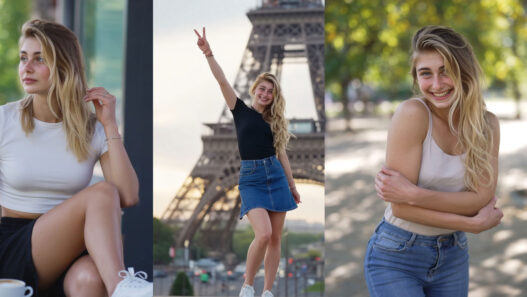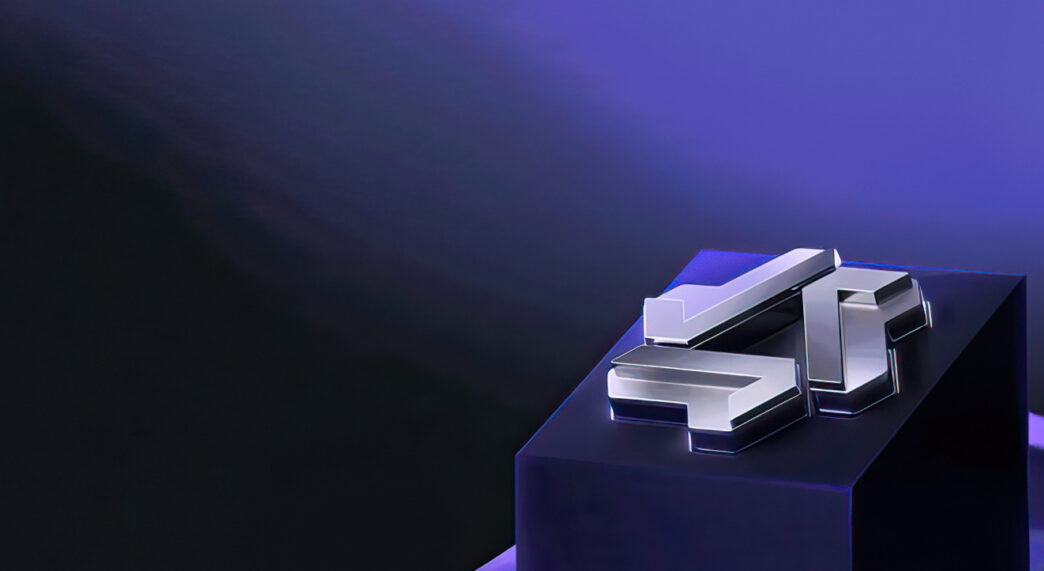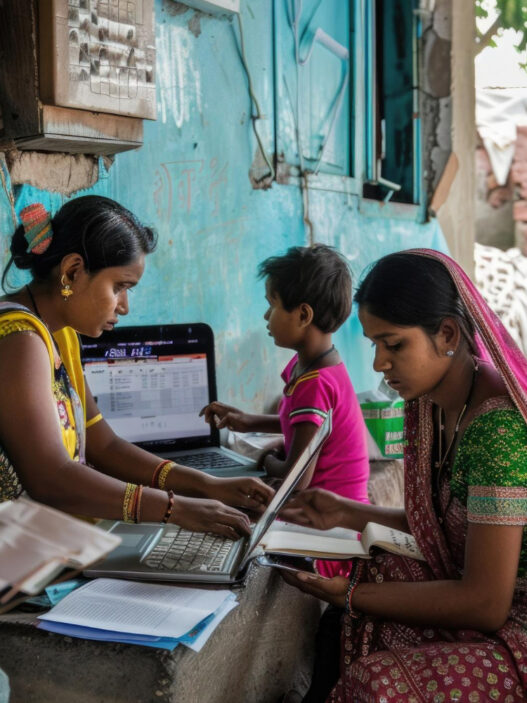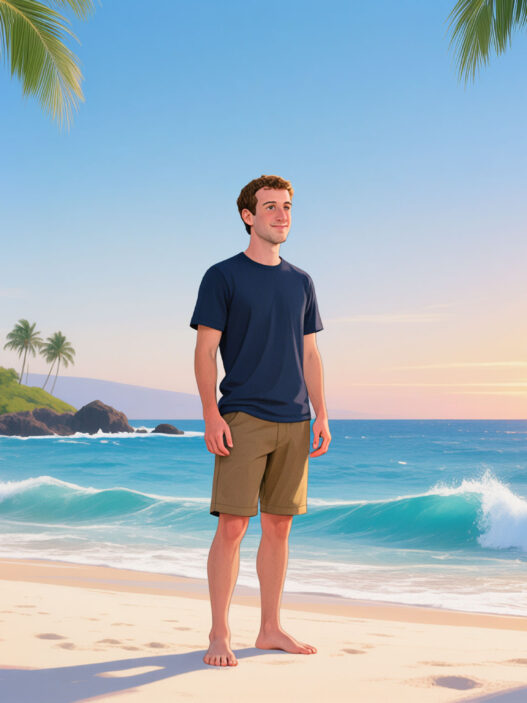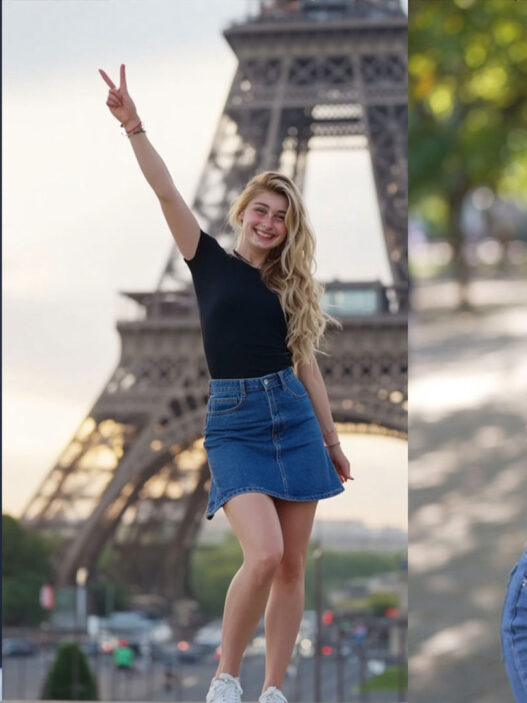In a world where AI video generation is advancing at breakneck speed, Wan 2.2 emerges as a formidable force, pushing the boundaries of what creators, brands, and filmmakers can dream up—fast, vivid, and stunningly lifelike.
What is Wan 2.2?
Wan 2.2 is the latest major upgrade to the Wan series of large-scale, multimodal generative AI models developed by Alibaba’s Tongyi Lab and optimized by WaveSpeed AI. Building on the groundwork laid by Wan 2.1, version 2.2 is not just a routine update—it is a transformation. It offers state-of-the-art high-definition video generation (up to 720P at 24fps), image-to-video, and text-to-video capabilities, all accessible on consumer-level GPUs. The model boasts stronger motion realism, more cinematic aesthetics, and unprecedented workflow efficiency for AI-powered storytelling, advertising, and design.
Key Innovations and Features
- Mixture-of-Experts (MoE) Architecture: By separating denoising tasks across specialized sub-models, Wan 2.2 achieves higher capacity and performance without raising hardware demands. The result is sharper, more versatile videos.
- Massively Expanded Training Data: The dataset is now 65% larger for images and 83% for videos, giving Wan 2.2 a broader and deeper understanding of motion, context, and style.
- Cinematic Aesthetics: With expertly curated datasets labeled for lighting, composition, color grading, and more, users get finer control to achieve specific cinematic looks.
- High Compression, High Output: The 5-billion parameter TI2V model achieves extreme video compression ratios (16×16×4) for efficient running and massive speed (5 seconds of 720p footage in under 9 minutes on a single GPU).
- Flexible Creative Use: Wan 2.2 seamlessly bridges text-to-image, text-to-video, and image-to-video, catering to illustrators, animators, brand agencies, filmmakers, and game artists.
- Special Effects and LoRA Fine-Tuning: Elevates scene realism with smarter lighting, advanced effects, and less data-intensive custom model training.
Comparison: Wan 2.2 vs. Other Popular Models
| Feature | Wan 2.2 | OpenAI Sora | Google Veo | Kling AI |
|---|---|---|---|---|
| Video Resolution | Up to 720P at 24fps | 1080P at 24fps | 1080P (varies) | 1080P |
| Motion Realism | Cinematic, nuanced | High, SOTA | High | Good |
| Model Structure | MoE architecture | Diffusion + Tricks | Probabilistic Video | Diffusion-based |
| Text-to-Video | Yes | Yes | Yes | Yes |
| Image-to-Video | Yes | Limited | Limited | Yes |
| High-Def on Consumer GPU | Yes | Not open | Not open | Not open |
| Special Effects/Creative Ctrl | Extensive | Moderate | Good | Limited |
| Open-Source | Yes (5B/14B models) | No | No | No |
Performance benchmarking shows Wan 2.2 outperforms leading open-source and several closed-source commercial models on motion coherency, style consistency, and rendering speed — all while remaining accessible to everyday creators and small studios.
The Verdict
Wan 2.2 sets a new gold standard in open, generative video AI. Its Mixture-of-Experts design delivers not only superior output and more cinematic control but also unprecedented accessibility to high-resolution video AI creation for non-corporate users — something typically locked behind the doors of platforms like Sora and Veo.
- For Professionals: Cinematic storytelling, fast idea prototyping, and fine-tuned branding visuals become simpler and more affordable.
- For Hobbyists: If you have a decent GPU, you can produce smooth 720p animated sequences with creative effects at a pace and cost unseen before.
While Sora and Veo currently edge ahead on ultimate video resolution and global scalability (thanks to massive proprietary infrastructure and datasets), Wan 2.2 is unmatched as a democratizing force in AI video. Its balance of speed, quality, flexibility, and openness makes it one of the year’s essential creative tech breakthroughs.
If your goal is to quickly produce cinematic AI video or animation with nuanced motion and artistic flair — using hardware you actually own — Wan 2.2 is the clear choice right now.
Quotes and analysis here are compiled from official press releases and benchmarking reports by Alibaba Tongyi Lab and WaveSpeed AI, alongside industry analyst coverage in tech publications such as TechCrunch, VentureBeat, and The Verge.





